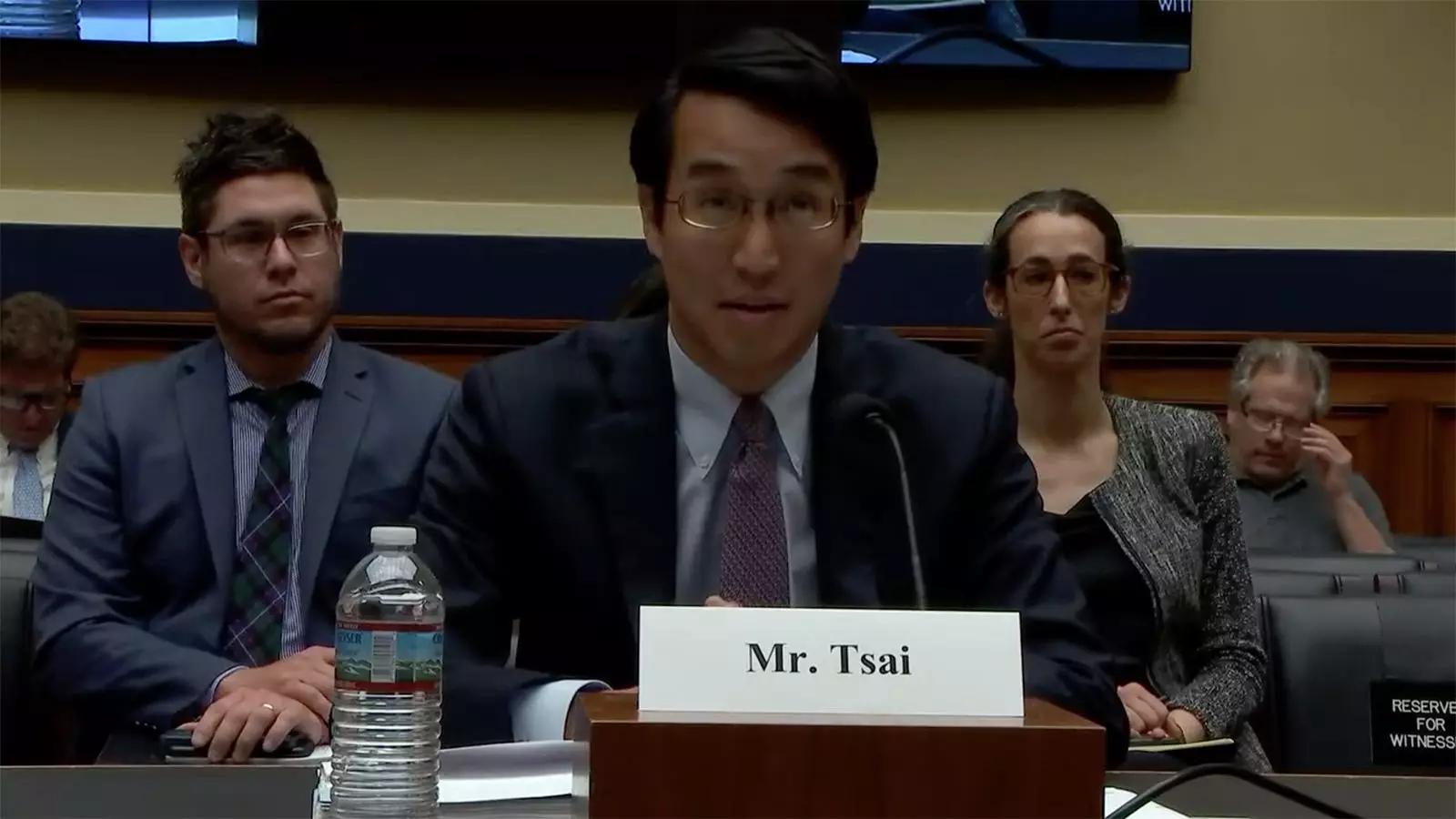The recent implementation of new Medicaid rules aimed at setting minimum nursing home staffing requirements and increasing pay for home care workers has sparked a debate among House Republicans. While acknowledging the need to compensate frontline caregivers and clinical care providers adequately, many members of the House Energy & Commerce Health Subcommittee have expressed concerns about the feasibility and impact of these rules on the healthcare industry.
Challenges in Nursing Homes
One of the key provisions of the new rules requires nursing homes to have a Registered Nurse (RN) on staff 24/7 and enough nursing staff to provide 3.5 hours of personalized care per resident per day. However, Rep. Cathy McMorris Rodgers has raised concerns about the potential consequences of these staffing requirements, warning that they could lead to closures or reductions in services for seniors. The challenges faced by nursing homes, including workforce shortages and financial strains, have made it difficult to comply with these mandates.
Similarly, the new rule known as the ’80/20 policy’ requires home care agencies to allocate 80% of the money collected for worker services directly to the workers, limiting the funds available for administration and overhead costs. This has raised fears that home care agencies may be forced to reduce the amount of care they can provide, affecting the quality of care for patients. House Republicans have introduced bills to counter these regulations, citing concerns about their practicality and sustainability.
Despite the opposition from some lawmakers, Daniel Tsai, the director of the Center for Medicaid and CHIP Services at CMS, has defended the nursing home rules, emphasizing the importance of maintaining high standards of care. Tsai pointed out that the rules provide flexibility for facilities to implement the staffing requirements over time and offer exceptions for facilities facing workforce shortages. Committee Democrats, including Rep. Anna Eshoo, have voiced their support for the rules, highlighting the need to improve nursing home quality and increase wages for care workers.
During the hearing, members of the Subcommittee discussed various Medicaid-related bills aimed at addressing different aspects of the healthcare system. Rep. Rodgers and Rep. Frank Pallone collaborated on a bipartisan bill to reduce waitlists for home- and community-based services in states, aiming to improve access to care for patients. Rep. Debbie Dingell sponsored a bill to make a demonstration program called “The Money Follows the Person” permanent, which facilitates transitions from nursing homes to home- or community-based care. These initiatives seek to enhance the quality of care and support available to Medicaid beneficiaries.
Reforming the Medicaid Estate Recovery Program
Rep. Jan Schakowsky raised concerns about the Medicaid Estate Recovery Program, which seeks to collect funds from the estates of deceased Medicaid recipients to cover the cost of their care. She criticized the program for burdening low-income families with substantial bills after the loss of a loved one, citing cases in which families have lost their homes due to this program. Schakowsky called for an end to the program, highlighting its limited returns and the financial strain it imposes on vulnerable populations.
The new Medicaid rules governing nursing home staffing and home care worker pay have elicited mixed reactions from lawmakers, reflecting the complex challenges facing the healthcare system. While there is a consensus on the need to improve the quality of care and support for vulnerable populations, the practical implications of these rules remain a subject of debate. Moving forward, it will be essential for policymakers to navigate these complexities and strike a balance between regulatory standards and operational flexibility to ensure the sustainability of Medicaid programs.



Leave a Reply